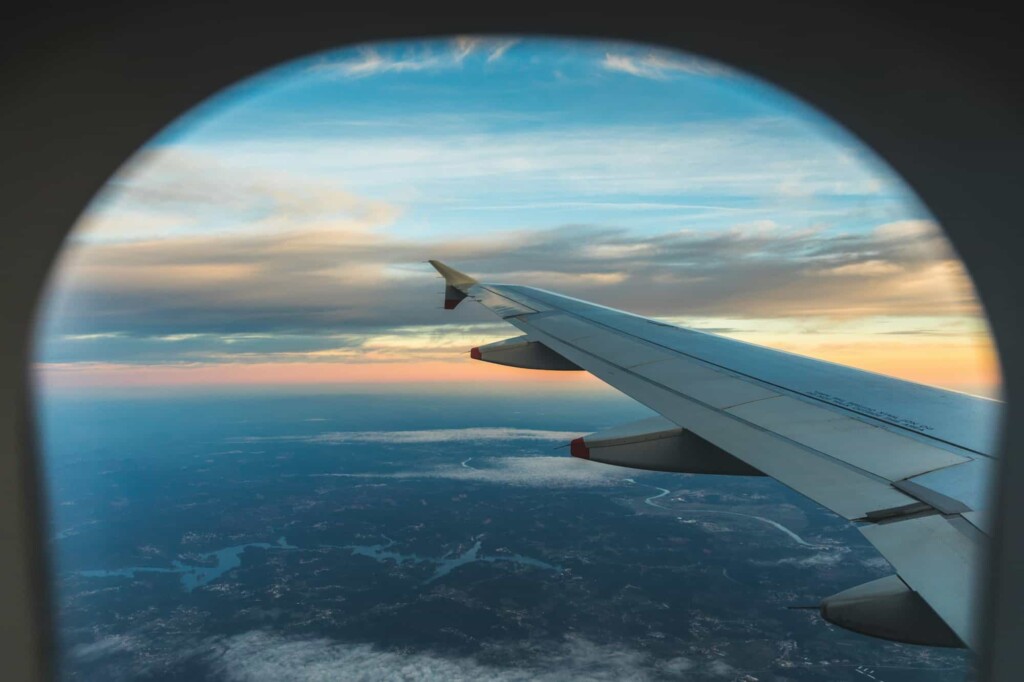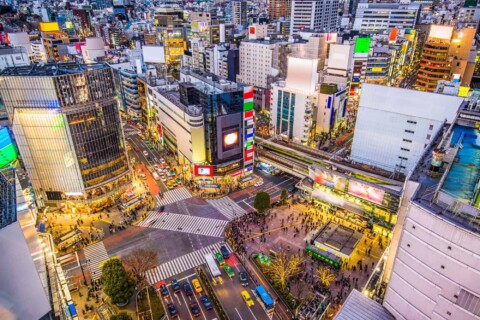The implications of Donald Trump’s second term for travelers are multifaceted and can be broken down into several key areas:
Visa Policies and International Travel
Trump’s second term is likely to see a return to more restrictive visa policies, similar to those implemented during his first term. This includes:
- Travel Bans: Trump has indicated he may reinstate travel bans for citizens of certain countries, including those from Muslim-majority nations and other regions such as Iran, Iraq, Libya, Somalia, Sudan, Syria, and Yemen. New restrictions could also be imposed on additional countries.
- Increased Screening: “Extreme vetting” policies are expected, involving more intensive biometrics requirements, background checks, and security screenings. This could result in longer wait times for visas and higher rates of denials.
Immigration and Entry Processes
- Enhanced Security Measures: Foreign nationals can expect more stringent security screening and vetting processes, which may delay their entry into the United States and complicate the process of obtaining immigration benefits.
- Impact on Business Travel: Employers may face increased hurdles in accessing foreign talent due to more procedural requirements, slower processing times, and higher rates of case denials. This could affect the entry, onboarding, and resumption of employment for sponsored foreign workers.
Climate and Environmental Policies
- Rollback of Sustainability Initiatives: Trump’s administration is expected to reverse many of the climate and environmental policies implemented by the Biden administration. This could include rolling back incentives for sustainable aviation fuel and other green travel solutions, potentially slowing the industry’s progress toward sustainability.
- Deregulation: A more permissive approach to environmental regulation is anticipated, which could benefit companies by reducing compliance costs but may stall environmental progress.
Infrastructure and Travel Infrastructure
- Uncertainty in Infrastructure Spending: While Trump has historically supported infrastructure projects, his second term might see a pivot away from large-scale spending initiatives. This could delay projects aimed at modernizing airports, roadways, and public transportation systems, affecting the overall travel experience.
- Impact on Airports and Transportation: The potential reduction in infrastructure funding could slow down projects designed to ease congestion and modernize travel hubs, affecting airlines, hotels, and transportation services.
Consumer Protection and Regulatory Environment
- Less Regulatory Scrutiny: Trump’s administration is likely to adopt a less interventionist stance on mergers and partnerships, which could ease pressure on airlines and hotels. However, this might also lead to a rollback of consumer-focused protections, such as automatic refunds and enhanced accessibility requirements, that were implemented under the Biden administration.
- Deregulation in Aviation: The Trump administration may halt pending rulemaking initiatives related to family seating, wheelchair accessibility, and other consumer protection measures. This could result in fewer regulatory hurdles for airlines but may concern consumer advocates.
Economic and Tax Policies
- Tax Cuts and Economic Growth: Trump’s pro-business economic policies, including tax cuts, could lead to increased consumer disposable income and enhanced corporate travel budgets. This could bolster hotel occupancy rates and revenue streams, fostering a favorable domestic and international travel environment.
- Trade Agreements: The administration’s focus on stimulating economic growth through trade agreements could increase overseas visitors drawn by favorable trade relations and lower tariffs, benefiting the hospitality industry.
In summary, Trump’s second term is expected to bring a mix of opportunities and challenges for travelers, including more restrictive visa policies, enhanced security measures, potential rollbacks of environmental and consumer protection initiatives, and changes in infrastructure and economic policies that could impact the travel industry’s growth and operations.
In summary, Trump’s second term is expected to bring a mix of opportunities and challenges for travelers, including more restrictive visa policies, enhanced security measures, potential rollbacks of environmental and consumer protection initiatives, and changes in infrastructure and economic policies that could impact the travel industry’s growth and operations.
S








